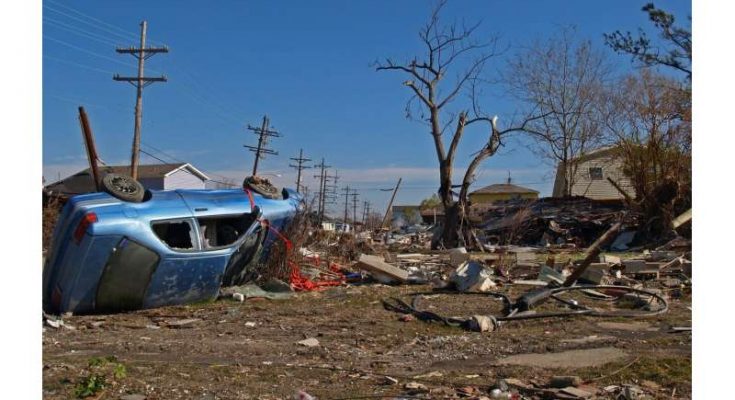The ability to prepare for and recover from an emergency is a privilege many take for granted. Two days before post-tropical cyclone Fiona reached Atlantic Canada, public officials were clear: people should prepare enough supplies for 72 hours, including food, water, and medications for each member of the household as well as for their animals, https://phys.org/news reported.
People were also advised to have personal support networks that could assist them during an emergency. Some people were told to prepare to evacuate.
Despite these directions, post-mortems for the 2013 Alberta floods as well as hurricanes Katrina, Rita and Sandy all noted that we don’t do enough to address the needs of vulnerable populations during disasters. Progress has been made over recent years, but the experiences of people with disabilities during Fiona and our ongoing research show there is more to be done.
The impact on people with disabilities
At least one in five Canadians 15 and older have at least one disability, with nearly 40% reporting two or more disabilities. The Atlantic provinces report the highest proportion of people with disabilities living in Canada. The aging population in the region suggests the number of people with disabilities in Atlantic Canada is growing.
Emergency preparation raises important practical questions. You need the time and wherewithal to acquire the necessary supplies, and the space to store them adequately. This can be challenging for people with disabilities who experience high rates of poverty and unemployment. Social networks may not be readily available either; people with disabilities are often excluded from many parts of society.
A legal obligation
Supporting people with disabilities in an emergency is not just about doing the right thing, it’s also the law, fundamental to human rights and a feature of several international agreements to which Canada is signatory.
Article 11 of the United Nations Convention on the Rights of Persons with Disabilities (UNCRPD), the UN Sendai Framework and the Accessible Canada Act all underscore the right for people with disabilities to access services and supports in an emergency.
Accessibility legislation has been implemented in many provinces, including Nova Scotia, British Columbia, Manitoba and Ontario.
Recent policies encourage the elderly and people with disabilities to stay at home longer. Many seniors are moving into apartment buildings in urban areas. This makes it challenging to identify where people with disabilities are located during an event.
There have been calls for a registry for persons with disabilities to strengthen the emergency response. Some municipalities, such as Truro, N.S. and Ontario’s Peel Region, have registries while others keep lists of people with disabilities in institutions like group homes.
Utilities like Nova Scotia Power have resources to track who needs power for home oxygen and dialysis machines. MedicAlertConnect Protect is used by police departments primarily in Saskatchewan, Ontario, Prince Edward Island, and Newfoundland and Labrador to access subscribers’ information in case of emergency.
Limitations
This approach has important limitations. Some jurisdictions have struggled to use registries effectively. There are also privacy considerations. People do not necessarily want to disclose information about their disability.
Keeping the information up-to-date is also a significant undertaking; an out-of-date list creates new dangers. Where the data is stored and who has access are also key questions.
Finally, the liability and service standard considerations for an agency that collects such information are unclear. Without power and telecommunications, any assistance would be significantly constrained.
One solution is to better integrate the views and experiences of people with disabilities into emergency planning prior to such events. People with disabilities have unique perspectives and needs in emergencies.
Accessible transportation and access to specific equipment and supplies are particularly important. They also need to know who to reach out to for qualified support and have confidence that such support will be available.
There are existing policies and programs focused on improving emergency responses for people with disabilities in Canada. Manitoba, for example, established the Disability Emergency Management Network (DEM-Net), a coalition of the Manitoba Disability Issues Office, community disability and seniors’ organizations, and emergency responders.
The network tries to integrate lived experience of those with disabilities into emergency responses. Other regions in Canada should adopt similar institutional practices.
#HurricaneFiona; #Peoplewithdisabilities





